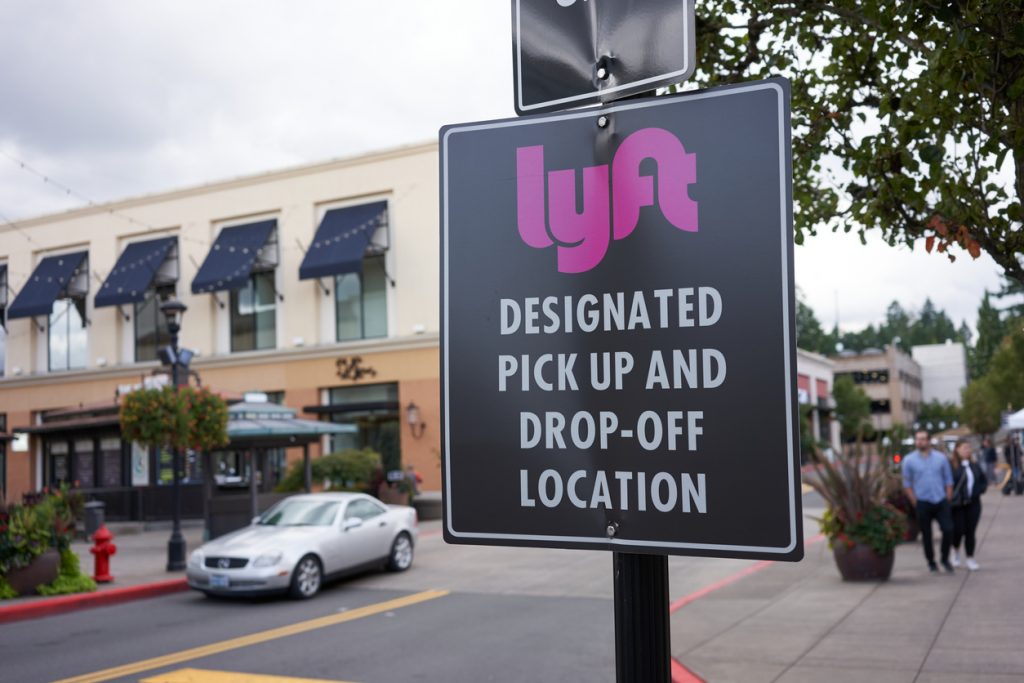Laura J. Thalacker of Hartwell Thalacker, Ltd, takes a look at the state of the gig economy in the US and how it may be shaped by new legislation.
Over the past decade in the US, the gig economy upended the dynamic between companies and the workers they rely on to provide their goods and services. The traditional US employment relationship provides various rights and guarantees to employees with respect to minimum wage, overtime pay (if applicable), worker’s compensation, unemployment insurance, employee benefits, workplace safety standards, non-discrimination, and other legal requirements. These rights and protections are all generally unavailable to gig workers. While a majority of US work arrangements still involve the traditional employer-employee relationship, gig workers (i.e., independent contractors working part-time or full-time on freelance projects, side hustles, and other temporary work) now play a significant and ever expanding role in the economy.
Though often associated with low paying service jobs such as providing rides, personal shopping, or making deliveries, the gig economy is much broader than that. It encompasses an array of blue collar and white collar contract work that may be skilled or unskilled, creative or routine, and reliant on, or independent of, technology. Pay rates and working conditions vary dramatically among gig workers.
Gig work creates opportunities and challenges for businesses and gig workers alike. On the one hand, worker concerns abound over a number of issues including low pay with no guaranteed minimum wage, long hours, a lack of workplace safety standards, economic uncertainty, and limited or no job security. Gig workers also do not have the benefit of employer-provided health insurance, retirement contributions and paid time off.
On the other hand, gig work may provide valued flexibility for workers, allowing them to be their own boss and, at least theoretically, to control when, where and for whom they perform their work. Businesses participating in the gig economy benefit from lower payroll, tax and regulatory costs, and the availability of a geographically diverse pool of workers (particularly in technology-based jobs). In times of economic uncertainty, as supply and demand fluctuate, reliance on gig workers also provides businesses with the flexibility to fill positions on an as-needed, temporary basis. And, as a recent study suggests, gig work may provide other benefits to the overall economy such as increasing entrepreneurship.
Though often associated with low paying service jobs such as providing rides, personal shopping, or making deliveries, the gig economy is much broader than that.
Broad societal factors--personal choice, technological innovation, economic realities and, as we have learned recently in the COVID-19 pandemic, even public health--affect who participates in the gig economy and on what terms. However, it is the legal and regulatory framework that provides the overarching structure and parameters for the gig economy and which, going forward, will continue to play a critical role in shaping its future in the US.
US companies relying on gig workers must navigate a complex, sometime inconsistent, patchwork of laws and regulations governing the employment relationship and independent contractor status. A gig worker can only be lawfully classified as an independent contractor (i.e., not an “employee”) if all applicable legal requirements are satisfied at the federal, state and local levels. In determining a worker’s status under employment and tax laws, different standards and tests apply with little uniformity. The determination of a worker’s status generally focuses, among several factors, on the degree of control the business exercises over the worker. What is a completely lawful arrangement in one jurisdiction may be prohibited in another. Misclassification of workers can result in costly penalties, fines and litigation.
This confusing legal framework, in which lawmakers, regulators, courts and, in some instances, even voters, have a say in worker classification and work conditions, is readily apparent in today’s environment. Seattle, following the lead of New York City, recently adopted a local law creating a minimum pay rate for drivers working for ridesharing companies such as Uber and Lyft. At the federal level, in September 2020, the US Department of Labor announced a new Proposed Rule that, if adopted, would make it easier for businesses to classify workers as independent contractors under the federal Fair Labor Standards Act.
In contrast to the potential relaxation of federal standards for worker classification, the California Supreme Court, in its 2018 Dynamex Operations West, Inc. v. Superior Court of Los Angeles decision, adopted a test which presumes employment status for all workers unless the hiring entity proves it has met the three elements of the “ABC” test for independent contractor status. In 2019, California lawmakers passed Assembly Bill 5 (AB 5), codifying the Dynamex standard, but providing some exceptions and other worker protections. Additional exceptions to employment status were adopted by the California legislature in 2020. Gig workers such as Uber and Lyft drivers were not exempted from AB 5 and the law would require a change from independent contractor to employment status for many of these workers.
[ymal]
To further complicate matters, in the upcoming November 2020 election, California voters will vote on a ballot measure, Proposition 22, which exempts app-based delivery and transportation (rideshare) companies from AB 5 and allows them to classify their drivers as independent contractors. Prop. 22, which was initiated and funded by various tech companies, including Lyft, Uber and DoorDash, is opposed by a coalition of labor groups and others, and has become the most expensive ballot measure in California history. If passed by voters, in addition to allowing the classification of app-based rideshare and delivery drivers as independent contractors, Prop. 22 requires the hiring companies to provide certain specified guaranteed minimum pay, benefits and legal rights to the drivers that they normally would not be entitled to as independent contractors.
Given changing laws and regulations, the ongoing pandemic, and other societal factors, gig work will continue to evolve in the US. It seems that, for the time being, the only real certainty with respect to the gig economy is more uncertainty.





















